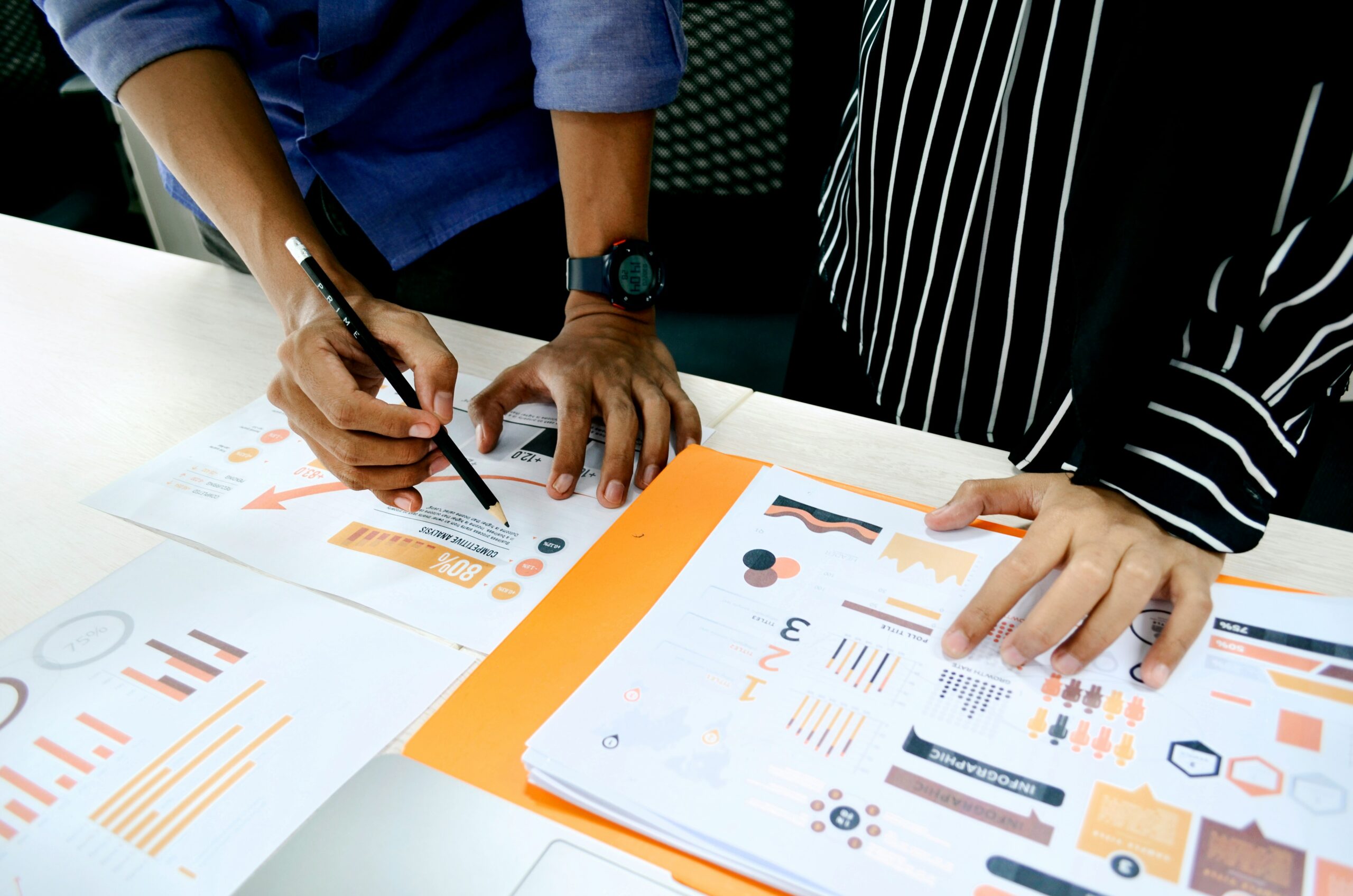On December 10, 2023, the world celebrated the 75th anniversary of the Universal Declaration of Human Rights. While there is progress in establishing human rights globally, some issues beg for attention. For instance, in Rwanda, the extensive use of video surveillance cameras sparks debates about its implications for privacy protection. This discussion was particularly relevant because no specific legislation protects personal data for artificial intelligence (AI) tools. Although AI has the potential to revolutionize many sectors and shape governance, effective regulations are crucial to promote transparency and preserve human rights in AI systems. Discussions about ethical principles and strategies for governments and organizations to adapt to this technological advancement are also necessary.
Protecting personal data has become increasingly difficult due to the advent of AI tools that collect and share personal data. Social media companies, financial institutions, security outfits, and other platforms process billions of personal data daily. Many people do not know how their data is used and the potential risks involved. Such unauthorized access to these sensitive personal information could result in fraudulent activities such as opening fake credit card accounts, acquiring loans, filing false tax returns, or even impersonation for healthcare services.
To read more, check the full article on Ventures Africa.
Photo by UX Indonesia on Unsplash.

